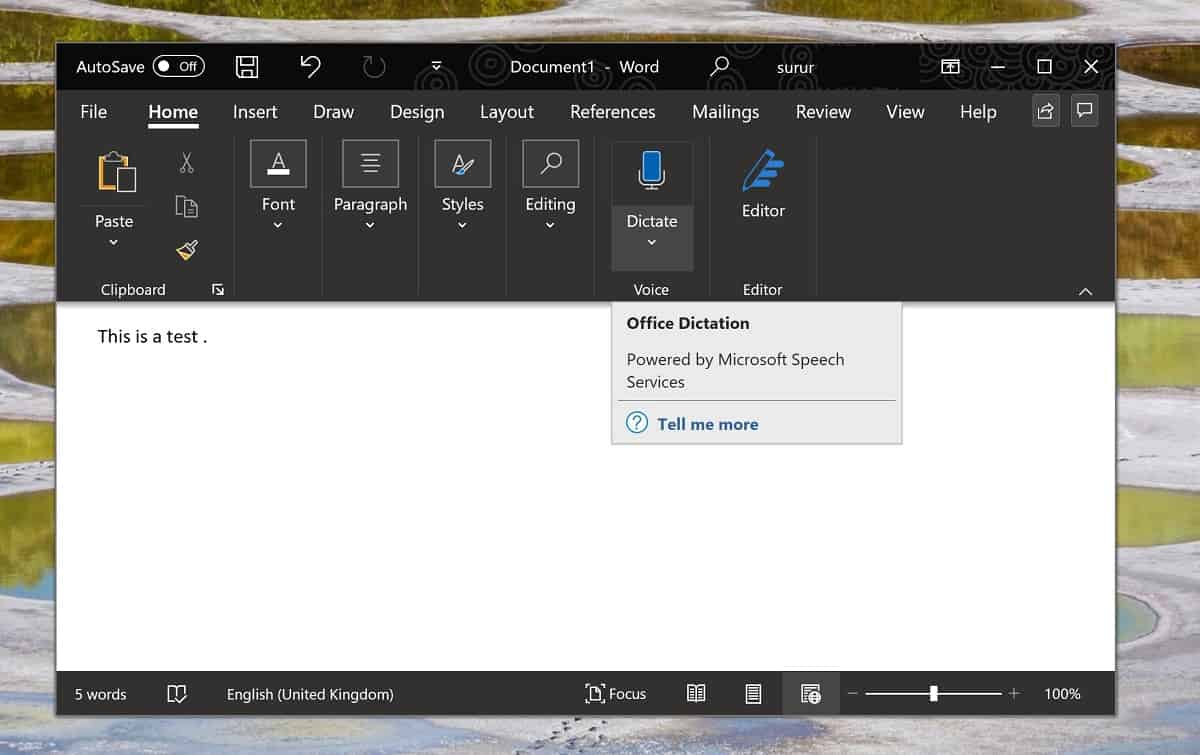

A case may be reported if it addresses an issue of statutory interpretation or provides a new application of an accepted principle. Generally speaking, to merit reporting a case must introduce a new legal principle or rule, modify an existing principle or settle a doubtful question of law. Whether a case is reported is decided by the editor of a series of reports.

Indeed, given the volume of cases passing through the courts, only a small minority of cases are reported. A lawyer needs to be able not only to find and read case law, but also to be able to check whether it has been subject to subsequent judicial consideration and whether it remains good law. Just because a decision was good law once does not mean it remains so today. The main sources of cases are law reports, digests and official transcripts.Ĭase law, like legislation, can change over time. Similar systems of law reporting operate in other common law jurisdictions. It may take some time between a judgment being handed down and its being published as a report. There are currently many different series of law reports published, which reproduce judgments and add supplementary information by an editor. Although earlier collections of cases exist, it was in the 19 th century that a formalised system of law reporting was established in Scotland and England. Case reports, or “law reports”, make this possible. In order for the principle of stare decisis to operate, a judge must know what the previous decisions of courts are. This principle means that a court must follow and apply the law as set out in the decisions of higher courts in previous cases.

Judicial precedent operates under the principle of stare decisis which literally means “to stand by decisions”. Case law (or judicial precedent) is law which is made by the courts and decided by judges.


 0 kommentar(er)
0 kommentar(er)
